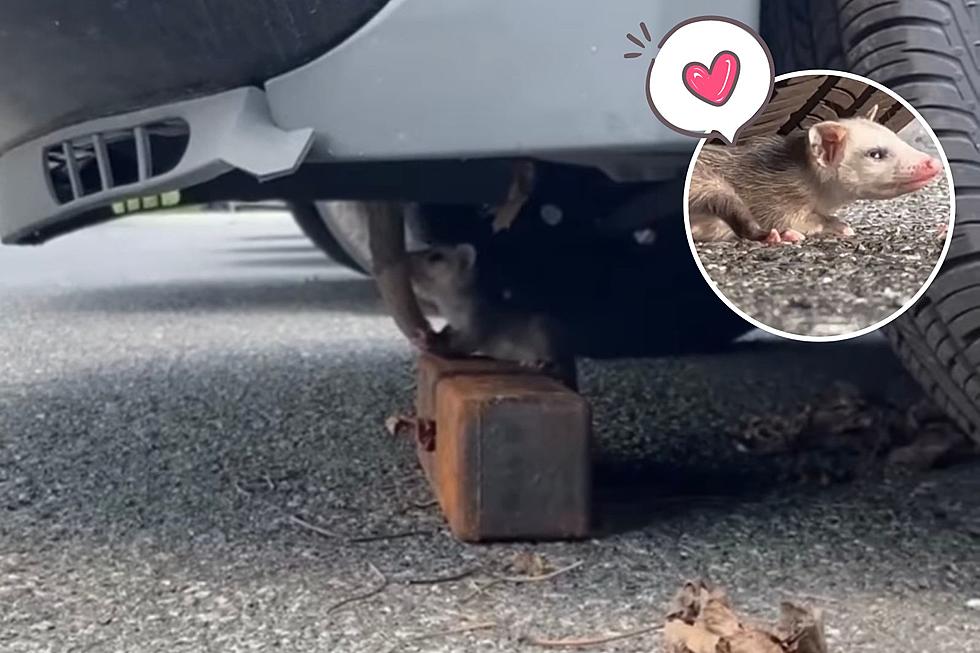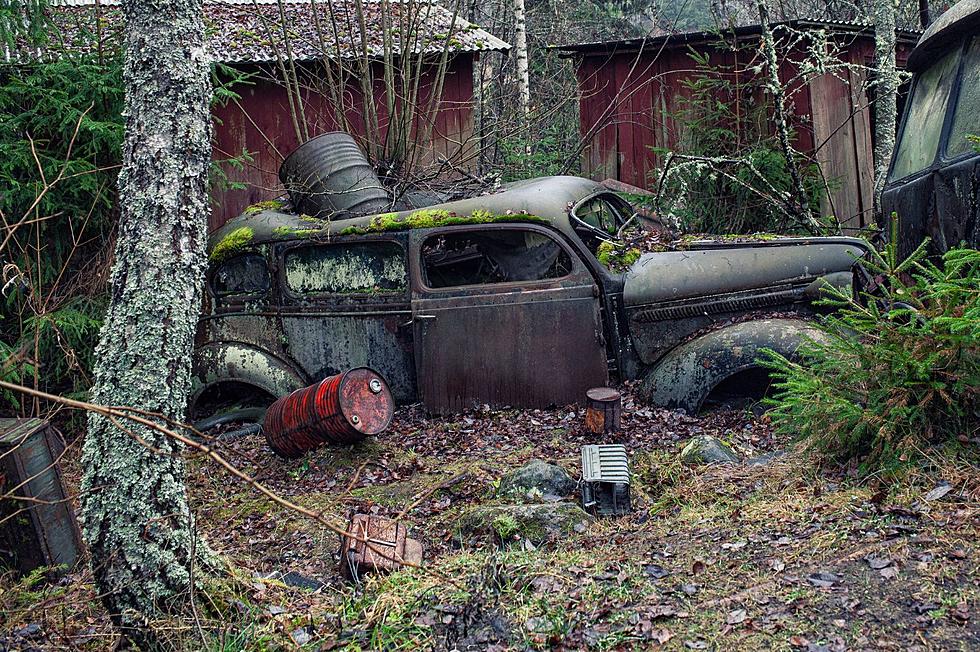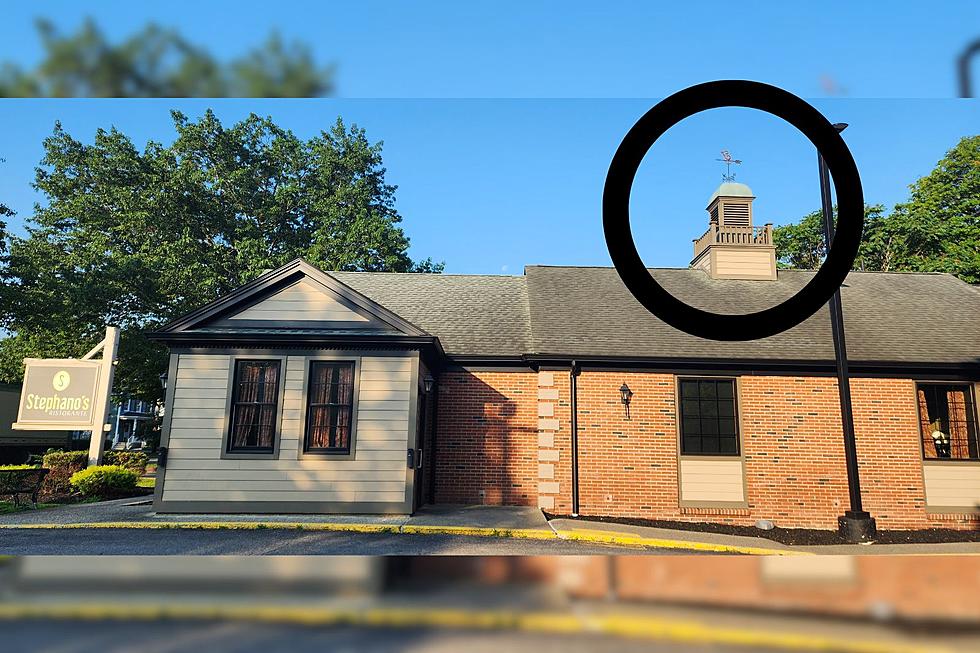
How to Identify the ‘Most Evil Garden Insect’ in New York
Summer is in full swing and New York gardens are bursting with life. Unfortunately, that means that many local insects are being treated to an all-you-can-eat buffet.
"These are bad eggs, right?", a Hudson Valley gardener recently posted in a local gardening group. The attached photo showed a tight cluster of small, reddish-brown eggs. The comments came rolling in, warning about the "evil" pest that would be hatching soon.
Squash Bugs in New York
"Looks like squash bug eggs", came the first helpful comment. "The most evil garden insect is the squash bug, in my opinion", a passionate gardener added. "I can’t plant squash anymore because they’re sooo bad where I live... They’re very hard to control, and impervious to diatomaceous earth, pesticides, etc. because they have a hard outer shell, unlike other garden pests that are soft-bodied." Luckily, there are still several ways to combat the issue.
How to Destroy Squash Bugs
"I just pick [the eggs] off and squish them. You can use soapy water too", offered one commenter. "Duct tape works great", said another. "I wrap a piece around my hand, sticky side out and go around and just suck those eggs right off the leaves. You can even get all the nymphs as they are hatching." The squash bug's name gives a hint as to what they love to eat, but other plants are vulnerable, too.
What Do Squash Bugs Eat in New York?
"The squash bug primarily attacks squash and pumpkins but can also attack other cucurbits, such as cucumbers", reports the Cornell Cooperative Extension (CCE) of Columbia and Greene counties. They also have more suggestions to manage their population.

"Neem oil, horticultural oil and canola oil are most effective on the smallest nymphs", the CCE shares. "If you suspect squash bug damage but are having difficulty finding the bugs, you can attempt to sample for the insects by placing an old wooden board in the garden. On cool nights, the board will attract squash bugs to spend the night under these structures so that they can be captured and eliminated the next morning."
13 Plants & Herbs to Chase Away All Types of Insects
The 10 Most Invasive Animals & Insects in New York State
More From Hudson Valley Post





![10 Horrific Murders In NY That Were On True Crime Shows [List]](http://townsquare.media/site/11/files/2021/12/attachment-kyle-johnson-yXAXya621Po-unsplash-e1638599056219.jpg?w=980&q=75)




